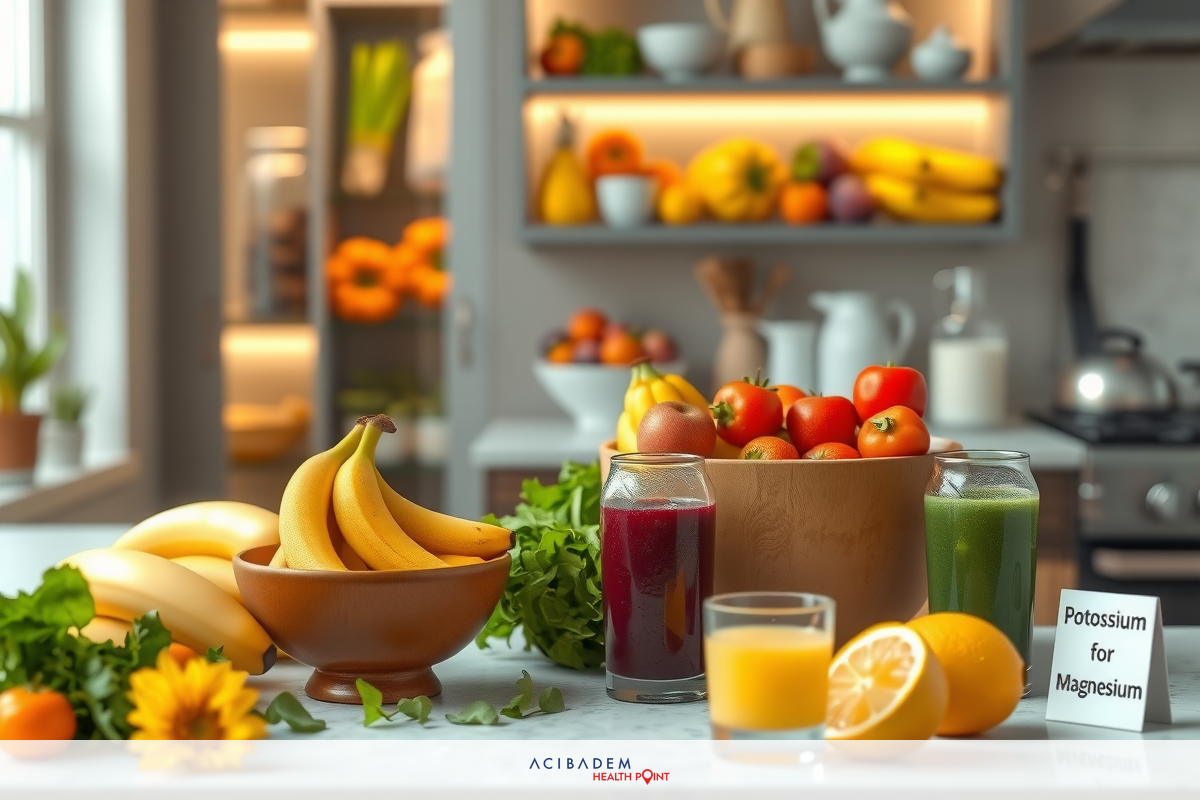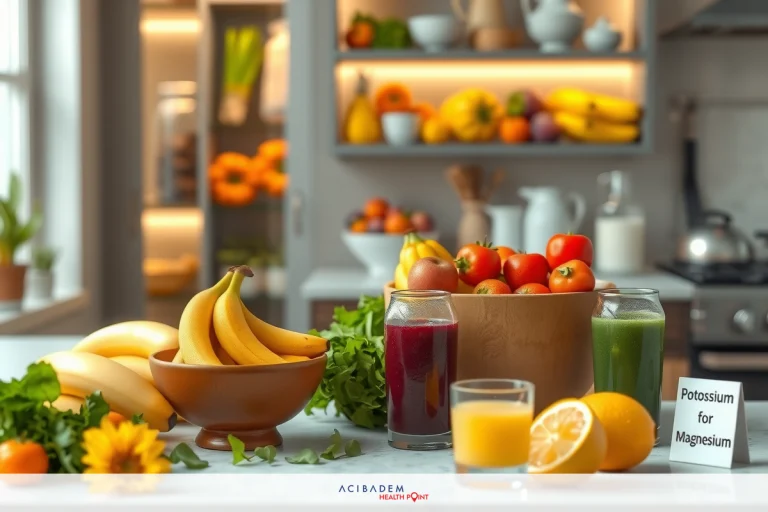Can I Eat Banana After Gastric Sleeve?
Can I Eat Banana After Gastric Sleeve? Gastric sleeve surgery often requires significant changes to your dietary habits. Following the procedure, it’s essential to ensure that you’re getting the right nutrients in your diet while also avoiding foods that could cause discomfort or complications. Bananas are a common food item that many people wonder about post- surgery.
Bananas can be a healthy addition to your diet for their high nutritional value, but it’s important to consider how they fit into your overall dietary plan after gastric sleeve surgery. This informative guide is designed to provide insight into dietary considerations post-surgery and how incorporating bananas can contribute to meeting your nutritional needs.
Dietary Considerations After Gastric Sleeve Surgery
Gastric sleeve surgery, also known as sleeve gastrectomy, is a weight loss procedure that reduces the size of the stomach. This procedure significantly limits the amount of food a person can consume, which is why it’s vital to make every bite count in terms of nutritional value. After gastric sleeve surgery, you must adjust your eating habits to accommodate your smaller stomach while still getting the necessary vitamins and nutrients.
The diet after gastric sleeve surgery typically progresses through several stages, from clear liquids to pureed food, then soft foods, and finally, regular foods. At each stage, certain foods are recommended while others need to be avoided. Once you’ve reached the regular food stage, it’s important to focus on consuming protein- rich foods and vegetables primarily. You should also limit the intake of sugary and high-fat foods. It’s crucial to keep in mind that everyone is different, and what works for one person may not work for another. Therefore, it’s always best to follow the advice of your healthcare provider or nutritionist regarding your post-surgery diet.
It’s also important to note that overeating or eating too quickly can cause discomfort and even serious complications like stretching your stomach pouch or causing a blockage. Eating smaller meals throughout the day instead of three large ones can help avoid this. Chewing your food thoroughly and taking time to eat can also prevent discomfort and potential complications. Remember that hydration is key but drinking liquids during or immediately after meals should be avoided as it can lead to feeling full too quickly and not getting enough nutrients from your meals.
By adhering to these dietary considerations, you can navigate the post-surgery period more effectively, maintaining good nutrition while adapting to your new lifestyle after gastric sleeve surgery.
Incorporating Bananas into Your Post-Surgery Diet
Bananas are a powerhouse of nutrition, providing an array of vitamins and minerals such as potassium, magnesium, and vitamin C. They are also rich in dietary fiber which aids digestion and keeps you feeling full longer. These attributes make bananas a valuable addition to your post-surgery diet. However, like with any other food, they need to be introduced gradually and consumed in moderation.
In the initial stages following gastric sleeve surgery, when your diet is limited to pureed foods, bananas can be incorporated quite easily. They can be mashed or blended into a smooth texture that’s easy on your stomach. The natural sweetness of bananas can also help satisfy sugar cravings without resorting to unhealthy options. As you progress to the soft food stage, small pieces of ripe banana can be consumed. Remember to chew well before swallowing to aid digestion and prevent discomfort.

It’s also worth noting that bananas are versatile and can be included in your diet in various ways. For instance, they can be used in protein smoothies, added to oatmeal, or eaten as a snack between meals. However, it’s essential to monitor your body’s response and consult with your healthcare provider or nutritionist if you experience any discomfort or digestive issues after consuming bananas. While bananas offer numerous health benefits, each individual’s reaction may vary based on their unique digestive system and nutritional needs post-surgery. Therefore, while incorporating bananas into your diet after gastric sleeve surgery, it is crucial to remain attentive to your body’s response and adjust your diet accordingly.
Frequently Asked Questions
Can I eat bananas right after gastric sleeve surgery?
No, immediately after gastric sleeve surgery, your diet will consist of clear liquids only. It is essential to follow the guidelines provided by your healthcare team or nutritionist regarding the progression of your diet stages. Bananas are typically introduced during the pureed food or soft food stage, depending on how well your body tolerates them.
How many bananas can I eat in a day after gastric sleeve surgery?
The number of bananas you can consume in a day will depend on your individual dietary plan and the recommendations provided by your healthcare team. While bananas are nutritious, they also contain natural sugars and carbohydrates. It is crucial to moderate your intake and ensure that you are meeting all your nutritional requirements from a variety of foods.
Are there any specific precautions I need to take while eating bananas post-surgery?
Yes, it is important to chew your food thoroughly and eat slowly to avoid any discomfort or potential complications. Additionally, pay attention to portion sizes and listen to your body's signals of fullness. If you experience any digestive issues or discomfort after consuming bananas, consult with your healthcare provider or nutritionist for guidance.
Can I eat banana chips after gastric sleeve surgery?
It is generally recommended to choose fresh or frozen fruits over processed options like banana chips. Banana chips often undergo frying or dehydration processes, which can increase their calorie and fat content. Opting for fresh bananas provides more natural nutrients and fiber while avoiding added sugars or unhealthy fats.
Can I drink banana smoothies instead of eating whole bananas?
Yes, banana smoothies can be a convenient way to incorporate bananas into your post-surgery diet. However, be mindful of the ingredients you use in the smoothie. Avoid adding excessive sweeteners or high-calorie ingredients. Opt for protein-rich options like Greek yogurt or plant-based protein powders to enhance the nutritional value of your smoothie. Remember to sip slowly and listen to your body's cues of fullness.











